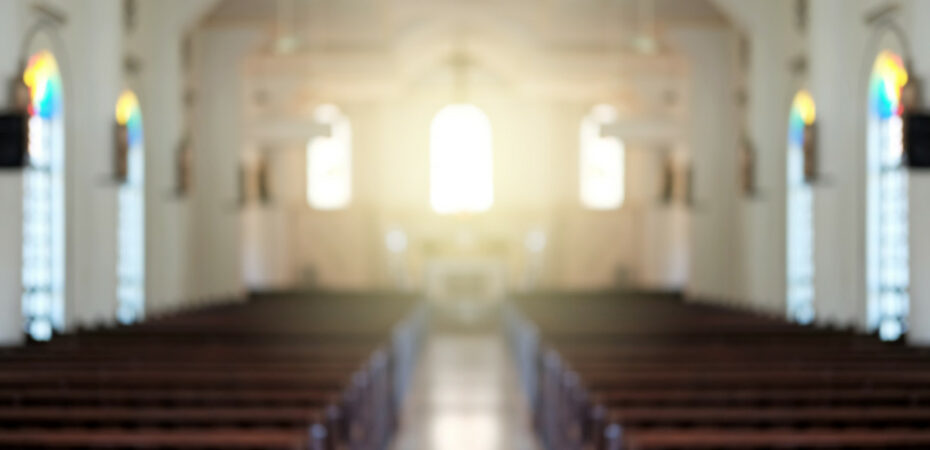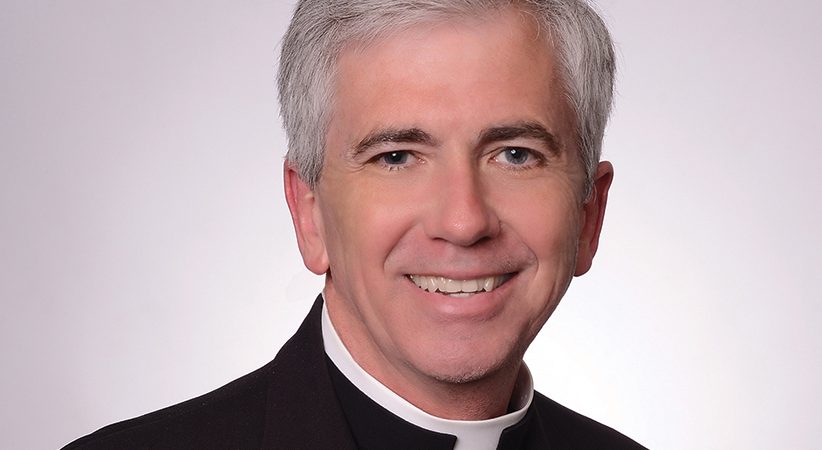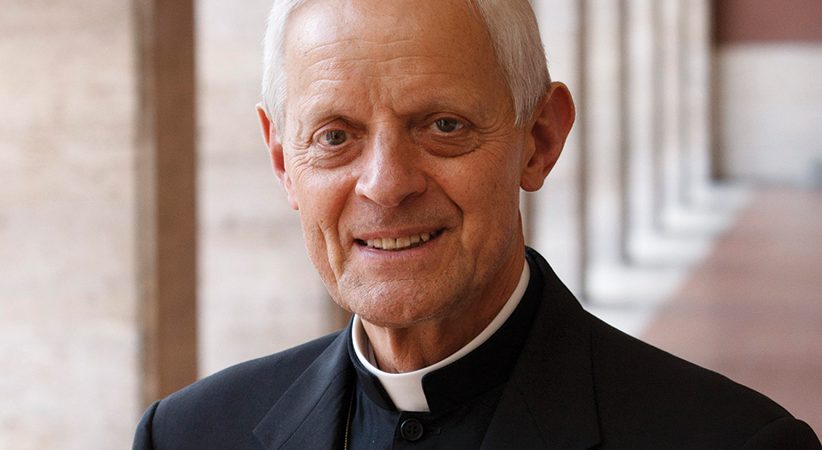Five Common Responses to Declining Attendance
And what we can do to adapt a mindset of growth
Father Michael White Comments Off on Five Common Responses to Declining Attendance
 Preaching to an empty church in the early days of the COVID-19 crisis was jarring, to say the least. I knew the cameras were rolling, but was anyone really watching? Losing my congregation was disheartening, even though we knew it wasn’t a permanent loss … at least not totally.
Preaching to an empty church in the early days of the COVID-19 crisis was jarring, to say the least. I knew the cameras were rolling, but was anyone really watching? Losing my congregation was disheartening, even though we knew it wasn’t a permanent loss … at least not totally.
COVID didn’t introduce declining church attendance, but it definitely accelerated it. The experience at my parish, and that of pastors I have spoken to recently, is that parishes are only seeing about two-thirds of their pre-COVID attendance. This behavioral change seems to be true across geographic boundaries, ideological and liturgical styles, and denominations.
There are some positive signs. While attendance has decreased, in many places giving has remained steady. Even more remarkably, millennials are the generational cohort returning to church faster than any other.
We won’t be able to turn back the clock or reverse the cultural changes that seem to have taken place. But what we can control — and what will make the difference between long-term success and failure — is our response to declining or depressed attendance. In parish renewal, mindset can be just as important as methods.
Here are five responses to declining church attendance you might recognize. Most are not helpful, but there is one mindset that will set you up for success.
1) Getting angry about it. Many pastors feel a holy discontent about the state of their parish, which becomes a major motivator in our quest to find a better way. But it can just as easily become destructive resentment. Rather than seek to understand, we blame parishioners for their disinterest. We can even wear declining attendance as a badge of honor, basking in the feeling of superiority over those who have not come back. At its worst, anger can lead to a kind of extremism that proposes solutions that either seek to re-create an unattainable moment in time or, on the other hand, turn away from orthodox teachings. Both are unhelpful.
2) Despairing of it. Following anger, we can experience despair about the situation our parish finds itself in. This can be especially true where the loss of attendance is accompanied by loss of income. It is easy to sympathize with any pastor or parish staffer who starts feeling this way, but it should be guarded against. Despair is the opposite of faith, and our communities must be animated by faith and centers of faith. Despair will infect preaching and teaching, diminish worship and create a toxic environment that even the people who are coming don’t want to be a part of.
3) Ignoring it. Ignoring the issue is the easiest response to declining attendance. In the early days of COVID-19, we started telling ourselves: “They’ll be back. Just give it enough time. Just wait till the latest variant slows down” It all comes down to how long we can keep up the wishful thinking.
4) Doubling down on it. Out of a desire to grasp control, we demand that people play by our rules and show up for the sacraments. I call this “going dark” — shutting down online broadcasts of parish Masses so that people are coerced to return in person. Certainly, we should be working to correct people’s misunderstandings about the importance of in-person worship. But it would be just as wrong to use the sacraments as a carrot on a stick. Besides, the only problem with this approach is that, in the age of the internet, they can always find another online Mass somewhere else and then lose any remaining connection with your parish.
5) Embracing it. We didn’t choose to lead our churches in a historic period of change and upheaval, but it is the one that God has prepared for us.
Instead of anger, despair, ignorance or nostalgia, we can adapt a mindset of growth, acceptance and trust in God’s plan, and lead our churches forward through this unique moment.
Let’s focus on creating the following:
— Weekend experiences that are attractive and inspiring to those who are coming, and online broadcasts of this experience that help graciously illustrate and underscore the importance of coming back to church and receiving Communion.
— Relevant preaching and inspiring, uplifting music, programs that are designed with the unchurched in mind, including the unchurched person’s kids.
— Opportunities to serve and give that are connected to growth in personal discipleship, not parish neediness.
FATHER MICHAEL WHITE is pastor of Church of the Nativity in Timonium, Maryland, and co-author of “Rebuilt” and a book on church financing, “ChurchMoney” (Ave Maria Press, $16.95).





